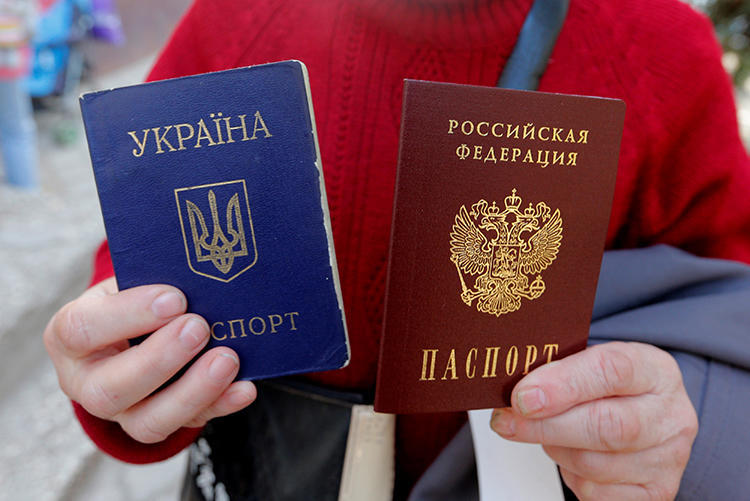Vilnius, Lithuania, January 30, 2020 — Russian authorities should immediately lift the ban imposed on journalist Taras Ibragimov and allow him to freely report in Crimea, the Committee to Protect Journalists said today.
On January 18, officers of the Russian Federal Security Service denied Ibragimov, a Ukrainian national and freelance reporter for the U.S. Congress-funded broadcaster Radio Free Europe/Radio Liberty, entry to the Crimea peninsula and gave him a written notice saying he was barred from entering Russia until May 31, 2054, according to a report by his employer.
Ibragimov is a reporter for RFE/RL’s “Crimea Realities” project, which reports critically on the region, according to RFE/RL. Russia has enforced its laws in Crimea since annexing the territory in 2014, according to news reports.
Ibragimov, who is based in Kyiv, told CPJ in a phone call that “the ban is related to my journalistic activities,” and said he plans to file an appeal.
“Authorities in Russian-occupied Crimea seem intent on importing Russia’s harsh attitude toward the press into the disputed territory,” said Gulnoza Said, CPJ’s Europe and Central Asia program coordinator, in New York. “Journalists including Taras Ibragimov should be free to travel to Crimea to report on the situation there. If they are not, we can only assume Russia has something to hide.”
According to the notice given to him by the Federal Security Service agents, Ibragimov is accused of having worked illegally in Russia while he was reporting in Crimea, RFE/RL reported. He received the notice while attempting to enter Crimea through a border crossing in Ukraine’s southern Kherson region, he said.
He told CPJ that, while he has reported on sensitive issues in Crimea, he “always tried to be objective” and said there was “nothing radical” in the stories he published in RFE/RL.
CPJ called and emailed the Federal Security Service office in Crimea, but did not receive any response.
In 2017, Russian authorities forced Radio Free Europe/Radio Liberty and its individual services, including “Crimea Realities,” to register as agents of foreign governments, according to the Russian Justice Ministry’s website. Earlier that year, the U.S. government required Russian government-funded media to similarly register in the United States, according to CPJ reporting.
At least four Crimean journalists were detained for their work in the region as of December 1, 2019, according to CPJ’s most recent prison census.
